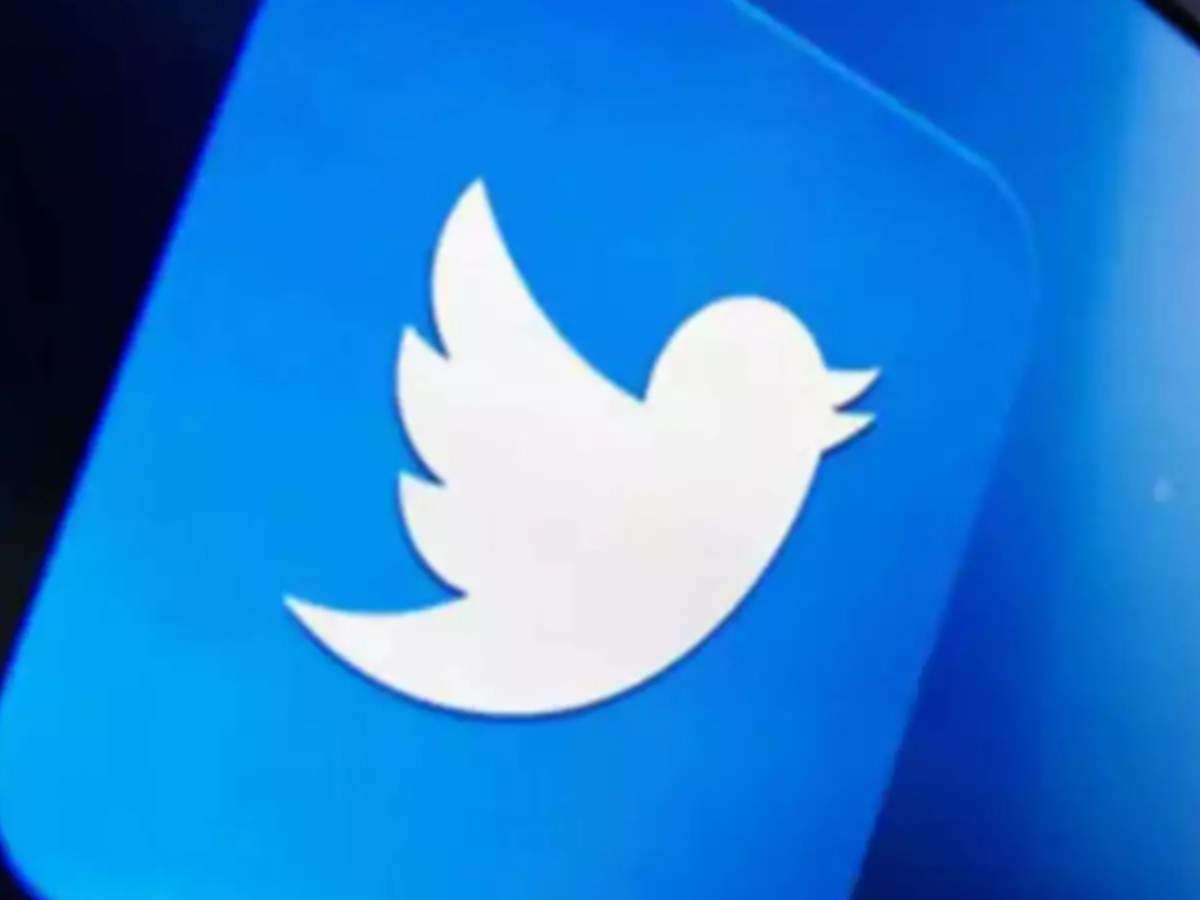According to an employee, there is no ‘algorithm’ involved in the verification process.
New Delhi: The new verification policy launched by Twitter has been questioned by users who have said that it is “arbitrary” and the same is being awarded by Twitter employees on the basis of their personal likes and dislikes rather than any “algorithm” as Twitter claims.
Former employees and present users of Twitter, who spoke to The Sunday Guardian, pointed to many Twitter accounts that were verified despite having very few followers and not being active on the social media platform, while “genuine” cases that meet Twitter’s policies regarding verification, being denied verification.
It is pertinent to mention that Twitter, which had recently unverified the Twitter account of the Vice president
However, a former employee of Twitter shared Twitter accounts of handles which were inactive for the last one year and yet they continued to be verified.Most of the accounts are of journalists who were “obliged” by Twitter, as the employee stated, to ensure that Twitter receives no negative publicity in India.These accounts had less than 500 followers.
According to an employee, who requested anonymity, there is no such “algorithm” involved in the verification process, especially when it comes to verifying journalists, activists and other influencers and many were verified even when there was a general ban on verification as they were “special cases”.
He pointed to a recent event where a journalist who was denied verified status by Twitter was verified within two hours after he raised the issue publicly. “Twitter algorithm and rules say that a person whose verification request has been turned down can re-apply for the verification only after 30 days. In the recent case, Twitter India verified his profile within 120 minutes,” the former employee said.
“The head of the news partnership, India, takes care of journalists. The recommendationsfor which media outlets and journalists to verify and whom not to, are sent by her. It is all based on her personal relations and who has recommended the particular account handles. If you analyze closely, you will find many handles, who have been verified, do not conform to the Twitter policy regarding who should be verified. Yet, they were/are verified because they are regarded as pro ‘journalists, influencers and politicians’,” a former Twitter employee told The Sunday Guardian.
The Sunday Guardian reached out to Ian Plunkett, Director, Global policy communications, with a set of questions seeking his response to the claims made by users and employees.In its response to The Sunday Guardian’s queries, a Twitter spokesperson shared the company’s policies regarding the verification that is available on the company’s website.
As per Twitter’s disclosure to relevant departments in the United States, it spent Rs 22 crore in 2019 and 2020 on lobbying. This amount was spent on politicians, senators and officials. Similarly, it spent €200000 to €300000 in lobbying among the European Union officials in 2019-2020.
No figure was made available by Twitter on how much did it spend on similar exercise in India, if it was carried out, as there is no such obligation on the part of the company as per Indian laws.
In a series of tweets shared by Delhi-based Abhijit Iyer-Mitra, who is senior fellow at the Institute of Peace and Conflict Studies, he pointed out how in July 2013, Twitter had allowed an individual to activate a new account after the previous one was suspended. The new account was immediately given the blue tick in blatant disregard of Twitter’s own policy. Twitter also verified the account of another individual who was in prison at that time.
As per Iyer, and verified by The Sunday Guardian, Twitter’s system of awarding blue tick was opened to the public in July 2016. Prior to that, accounts of only those individuals were verified who knew someone inside Twitter, either directly or through friends or relatives. An editor-level journalist based in Delhi, whose request for verification was rejected by Twitter last week, said that being a public platform, it should behave transparently.
“I have been a journalist for all my life and yet without giving any reason, the company said I am not worth their verification. I had applied only after ensuring that I met their criteria given on their site. My fear is that they have turned the verification process into a tool to curry favour from people and limit the reach of those whom they don’t like,” he said. Same was the case with another TV journalist who was told thathe did not meet Twitter’s “criteria”.
According to an insider, as per Twitter’s policy, the system to give blue tick to accounts was envisaged as a tool to authenticate the identity of the user. However, now it has “evolved” into a tool to “oblige” journalists, politicians and bureaucrats, including IPS officers.
“Whom to verify and whom not to is a matter of mostly two points- Is the person known to the officials in Twitter and secondly how ‘important’ he or she is for Twitter’s business in India. Hence, many relatives of politicians, including their children are verified; same holds true for IAS and IPS officials. Journalists are among the first who are obliged as it ensures there is no ‘hostile’ media. This category is informally called the ‘Very Important Tweeter’ by Twitter officials. And Twitter India’s policy head and the news media head ensure that media and officials are taken care of,” the insider said. “Those who are regarded as hostile media and the journalists associated with it are not verified as verifying them would increase their following and online credibility and bring more traction to their tweets,” he added.

